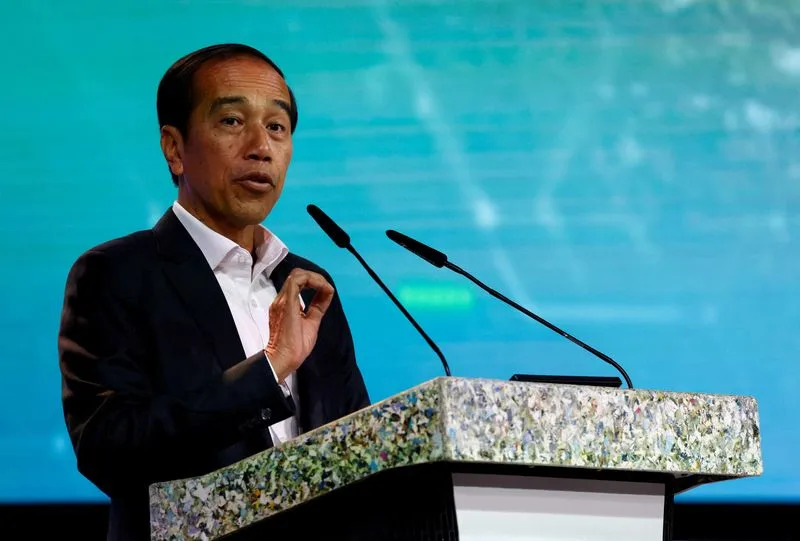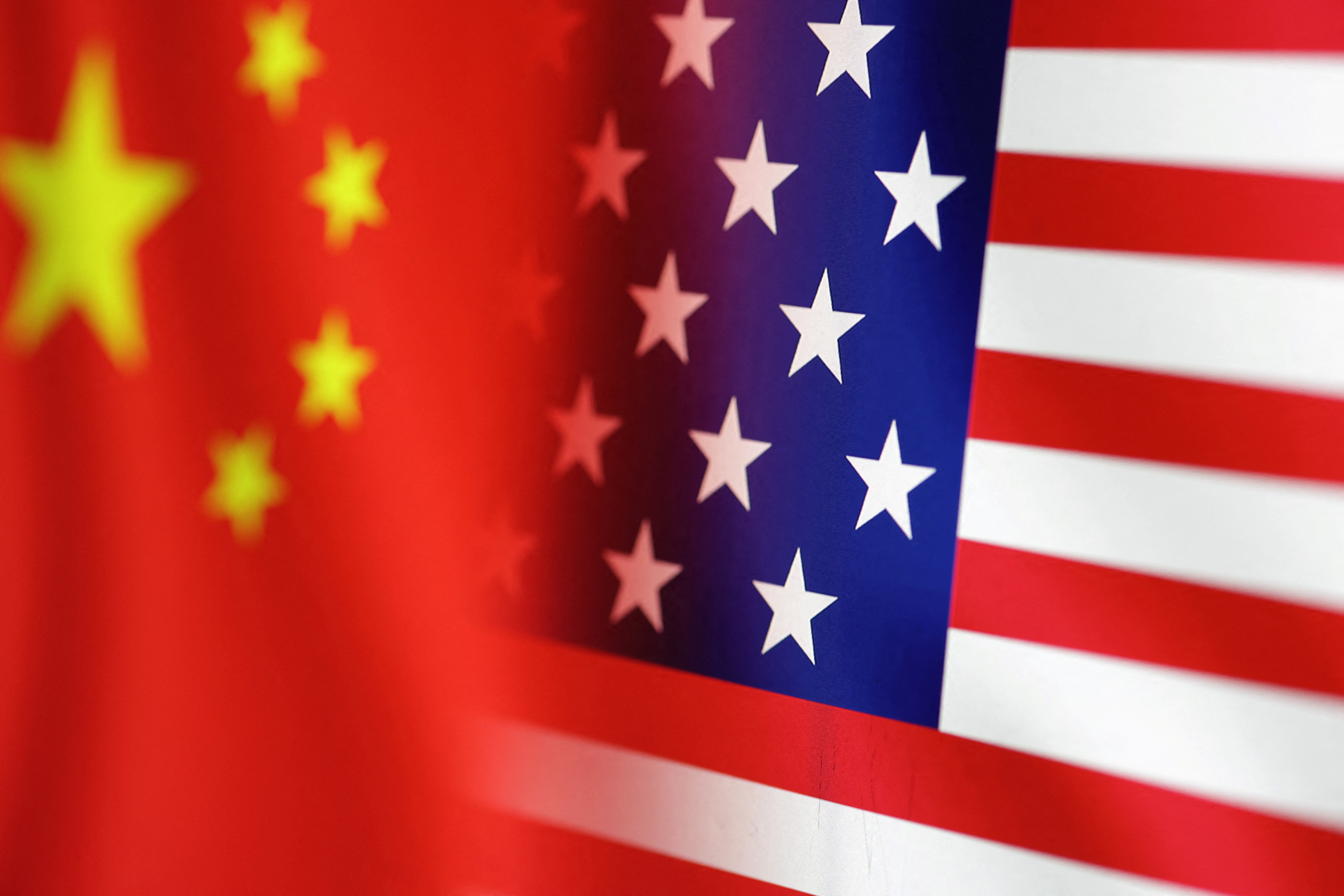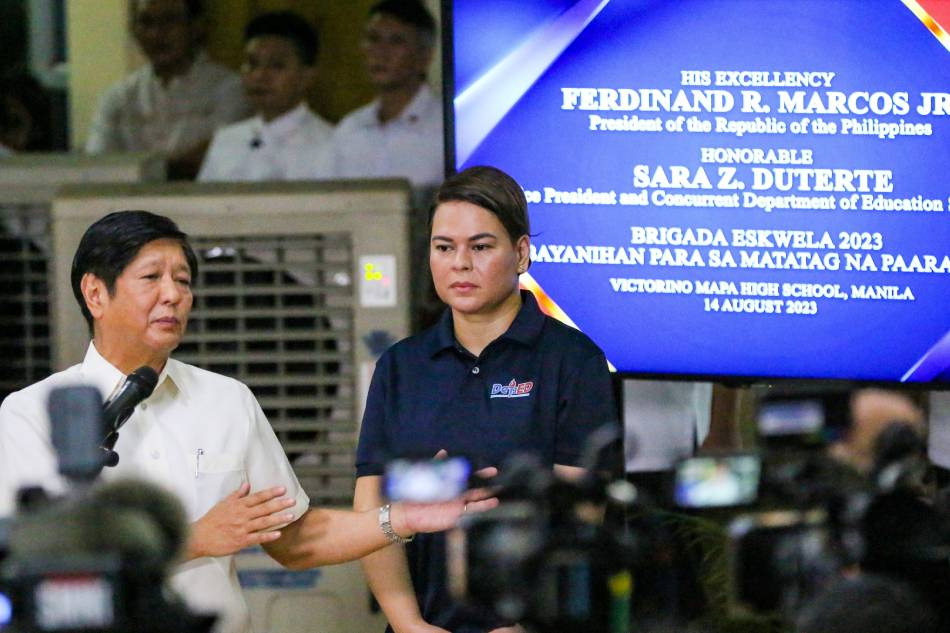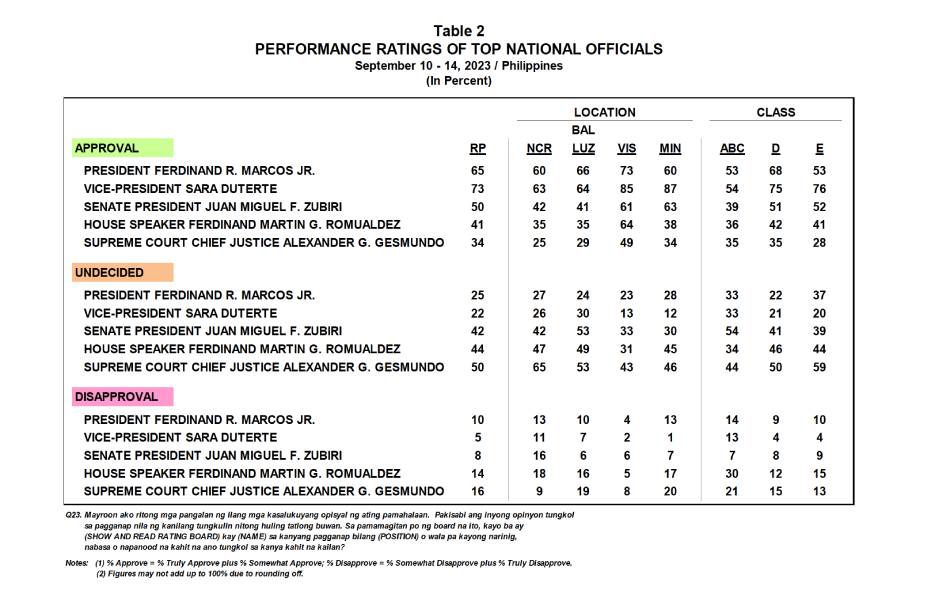Detroit Free Press
Sun, October 1, 2023
A UAW strike math lesson for Detroit 3 executives
The UAW strike is heating up, and people are taking sides. Some feel like the union is asking for too much. After all, the Detroit Three are countering the union’s “unreasonable” request of a 36% pay hike with a more than ample 20% increase. Aside from executives, who gets a 20% raise, right?
The average auto worker, when adjusting for inflation, has seen their wages fall 19% since 2008. The offer of a 20% pay increase doesn’t seem so generous, when that is taken into account. Had the workers not taken pay cuts and just got modest cost of living increases, they would be making more than the 36% that they are asking for currently. If they were treated fairly for the last 20 years, they would not have been forced to strike. However, we cannot go back in time, which is why the UAW is making such bold demands now, to atone for years of low pay.
The UAW is using its power to fight for all unions, and in turn all middle-class workers. Wages for the average American worker have been stagnant for decades, despite strong economies and record profits for companies. If teachers, UPS workers, teamsters, or auto workers get a modest increase in compensation they are told they should be happy. Don’t worry about the lifetime of zero raises, just be happy that you got one now. What workers want and deserve is restitution.
We all realize that it’s unlikely for the auto workers to make up for a generation of being underpaid in one contract, but we should all be in support of their quest to make up as much as they can. In the end, it will benefit us all, as a rising tide lifts all boats.
David Cash
Detroit
I lead the Michigan AFL-CIO. Trump has never shown up for union workers.
Health care worker to UAW: Unionize us next!
I note some degree of amazement and envy the current UAW strike. My question is: Will you expand your services to health care professionals? While insurance costs skyrocket, our "raises" have been almost non-existent.
I am a private practice therapist working with troubled families and especially troubled teens. My reimbursement rates, from huge insurance companies to the VA, have averaged about a total of 10% increase over the last 10 years. Then, when calculating the wage difference between their top executive wages and ours, my head nearly exploded.
We do not need wimpy 32 hours weeks, but rather a wage that represents the difficulty and importance of our work. So, when you're done whoopin' up on The Big Three, would you lend us a hand on the Sinister Six? We'll even agree to name ourselves the United Therapists International, putting a positive spin on those three letters. Thanks in advance for your help; we need it.
John Summer
Brownwood, Tex.
How is UAW strike impacting you? Submit at letter to the editor at freep.com/letters.

































